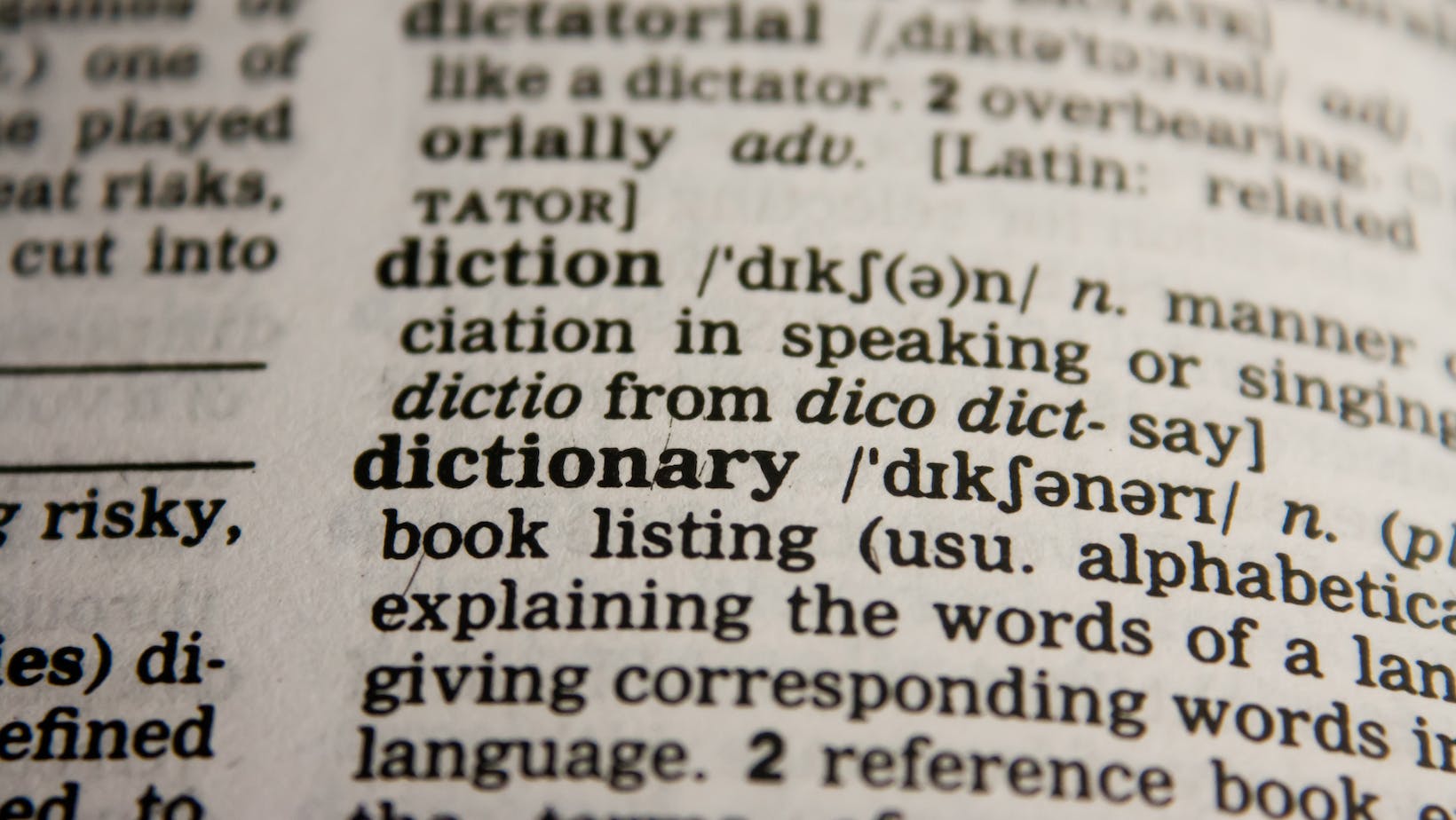
Expanding Vocabulary Word Parts and Reference Resources
When it comes to enriching our language skills, expanding vocabulary is a vital component. Often, we underestimate the power of words and their potential impact on our communication abilities. But let’s pause for a moment and reflect: isn’t it true that those with an extensive vocabulary are often seen as more educated and intellectually adept? They’re able to express themselves more effectively, paint vivid pictures with their words, and generally come across as more persuasive.
Diving deeper into the world of words uncovers an intriguing aspect – word parts. Understanding these can be a game-changer in your vocabulary expansion journey. By breaking down complex terms into their constituent parts – roots, prefixes, suffixes – you can begin to decode meanings even for unfamiliar words swiftly. It’s like having your own internal dictionary!
Speaking of dictionaries, there’s no denying the role reference resources play in boosting one’s vocabulary arsenal. These tools aren’t just repositories of definitions; they’re treasure troves teeming with synonyms, antonyms, idioms, usages – a whole universe waiting to be explored! Remember: using these resources consistently could make all the difference between ‘knowing’ a word and truly understanding it.
The Importance of Expanding Vocabulary
Diving right into it, I’d like to say that expanding your vocabulary is like unlocking a new level in the game of language. It’s not just about sounding smarter or more educated. It holds more significance than that.
Firstly, a rich vocabulary helps us express ourselves better. Have you ever struggled to find the ‘right’ word for something? Well, if you expand your vocabulary, you’ll have a larger pool of words to choose from. You can communicate your thoughts and feelings more accurately, and as a result, others will understand you better too.
Secondly, it improves our comprehension abilities. When we read books or listen to people speak, we’re bound to encounter unfamiliar words. Now think about this – what happens when we don’t understand these words? We lose grasp of the entire context! That’s why having an extensive vocabulary is crucial – it aids us in understanding diverse content across different mediums.
Thirdly, an expanded vocabulary aids in building professional credibility. In any profession – be it legal practice or journalism – being articulate and precise with language can help establish authority and expertise. A robust vocabulary enables us to use specific terms relevant in our field effectively.
Lastly but importantly enough, research shows that people who continually work on expanding their vocabulary tend to have sharper brains overall (Craik & Bialystok 2006). This makes sense because learning new words stimulates our brain’s memory functions – it’s almost akin to giving your mind a workout!
So there you have it! From improved self-expression and stronger comprehension skills to increased professional credibility and cognitive benefits – there are numerous reasons why expanding one’s vocabulary is important.

Word Parts: Breaking Down Words
Let’s dive into the fascinating world of word parts. For starters, you might not realize this, but every English word can be broken down into smaller sections. These segments are known as morphemes – they’re the smallest units of meaning we have in our language.
When I talk about “word parts”, I’m really referring to prefixes, roots and suffixes. Now these aren’t just random collections of letters thrown together. Oh no! They each have a purpose and carry their own unique meanings. For instance, ‘un-‘, a common prefix, means ‘not’ while ‘-ful’, a commonly used suffix, implies ‘full of’.
Think about words like ‘unhappy’ or ‘playful’. The prefix ‘un-‘ negates the happiness implied by the root word ‘happy’, leading to an entirely new word with its own meaning – unhappy. Similarly, adding ‘-ful’ to the root word ‘play’ creates ‘playful’, someone full of playfulness.
But how does knowing all this help us? Quite a bit actually! By understanding these elements better, we enhance our ability to decipher unfamiliar words. Let me illustrate it with an example: You stumble upon the word ‘indestructible’. Instead of reaching for your dictionary right away (which is still useful!), try breaking it down into its component parts: In- (not), -destruct- (destroy) and -ible (capable). Put them back together and you get something along lines – not capable of being destroyed.
Mastering these will undoubtedly give your vocabulary skills a major boost! But remember that practice makes perfect – so don’t stop at reading this article alone; dive deeper into other resources too as we move forward in our journey towards becoming masters at expanding vocabulary!
Just remember:
- Morphemes are key
- Prefixes negate or add additional context
- Roots hold the core meaning
- Suffixes can alter the part of speech or the overall tone of our word.
In short, don’t fear big words! They’re just smaller chunks all strung together.
But remember, language learning doesn’t happen overnight. It takes patience, perseverance, and plenty of practice. So don’t be discouraged if progress seems slow initially; stick with it! Over time you’ll see an improvement not only in your vocabulary but also in your overall ability to express yourself effectively.






